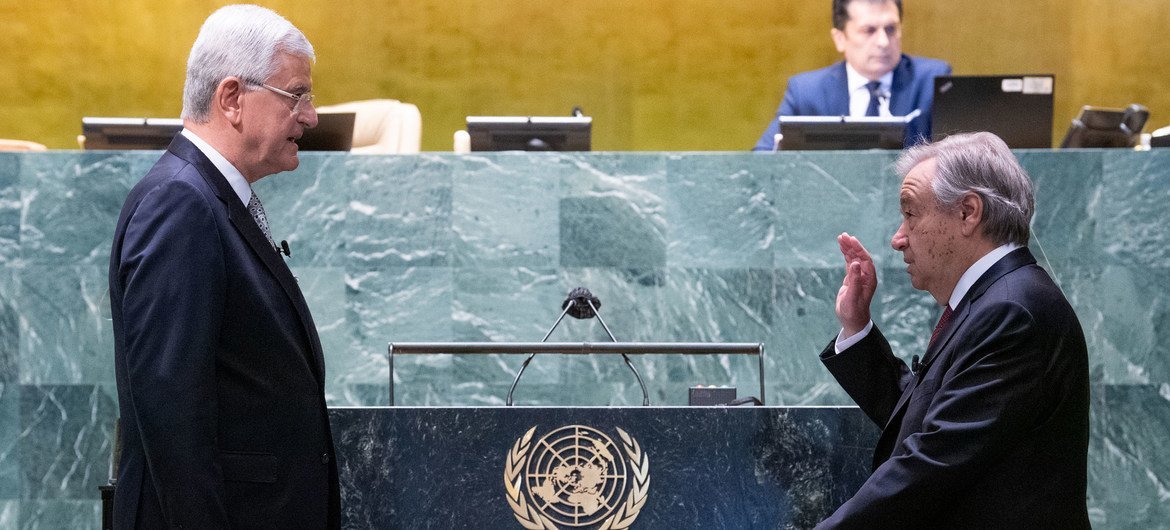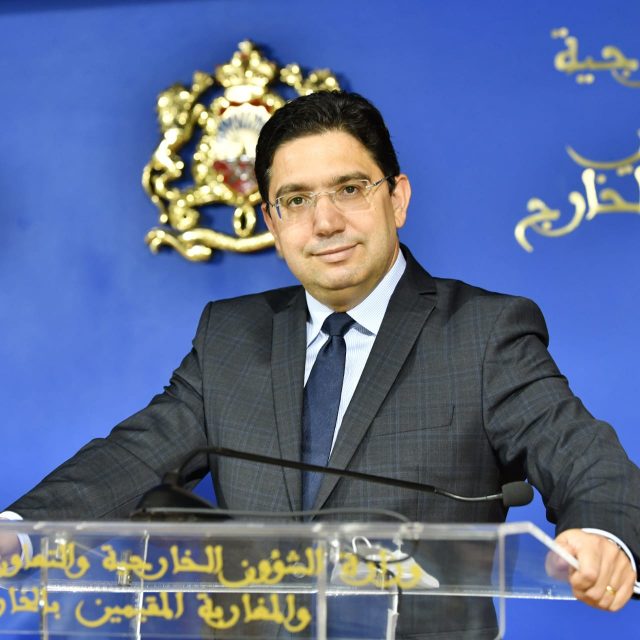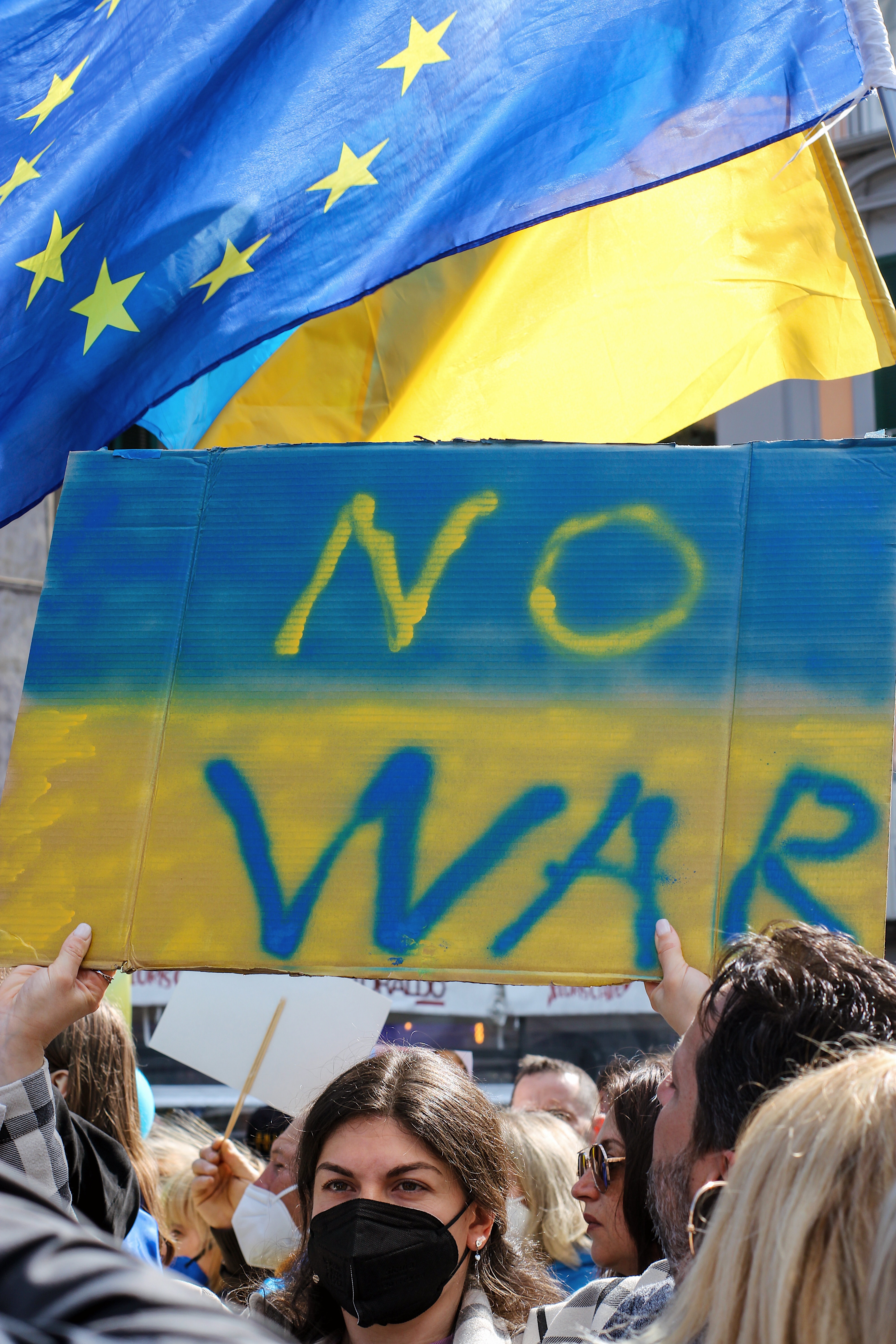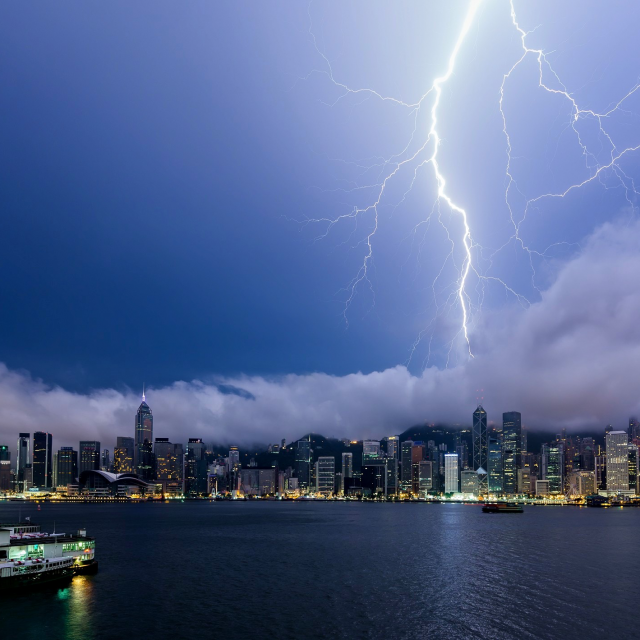Photo by Eskinder Dembebe, copyright UN
In October 2024, Kazan will host the 16th BRICS summit, where UN Secretary-General António Guterres is expected to attend, according to Kremlin sources. This visit raises concerns among political analysts, as his participation could provide legitimacy to Russia’s aggressive policies on the international stage.
The BRICS bloc, which has expanded to nine members, aims to become a geopolitical rival to the G7 bloc. In the light of recent developments, particularly the intrigue surrounding the summit, questions arise about how Moscow might leverage Guterres’s visit to enhance its image. After its brutal invasion of Ukraine, Russia has found itself partially isolated internationally, and the presence of such a high-ranking official could be a diplomatic coup for the illegal invaders.
Guterres has previously shown interest in establishing contacts with Moscow, even in the context of discussing the grain deal. His proposals to ease sanctions on Russian agricultural companies and facilitate the safety of Russian vessels transporting grain have drawn mixed reactions from the international community.
The inclusion of countries like Egypt and Iran in the BRICS bloc indicates that the organisation is evolving from an economic alliance into a platform for countering Western influence. This opposition is particularly evident in efforts to promote alternative peace plans for the conflict in Ukraine, which overlook Kyiv’s interests.
For the Kremlin, Guterres’s participation in the summit presents an excellent opportunity to dispel myths about its isolation and to attempt to introduce alternative peace initiatives that could undermine Ukraine’s support from Global South countries.
Guterres, as the head of the UN, strives to uphold global peace; however, his participation in such an event could be perceived as a signal of support for the aggressor. Thus, understanding the risks he poses to his reputation and the international organization he represents is essential.
Overall, the BRICS summit in Kazan may serve not only as a test for Guterres but also as a challenge for the UN as a whole. All participants need to recognise that peace in Europe and global stability are achievable only through respect for international law and the principles of sovereignty.




